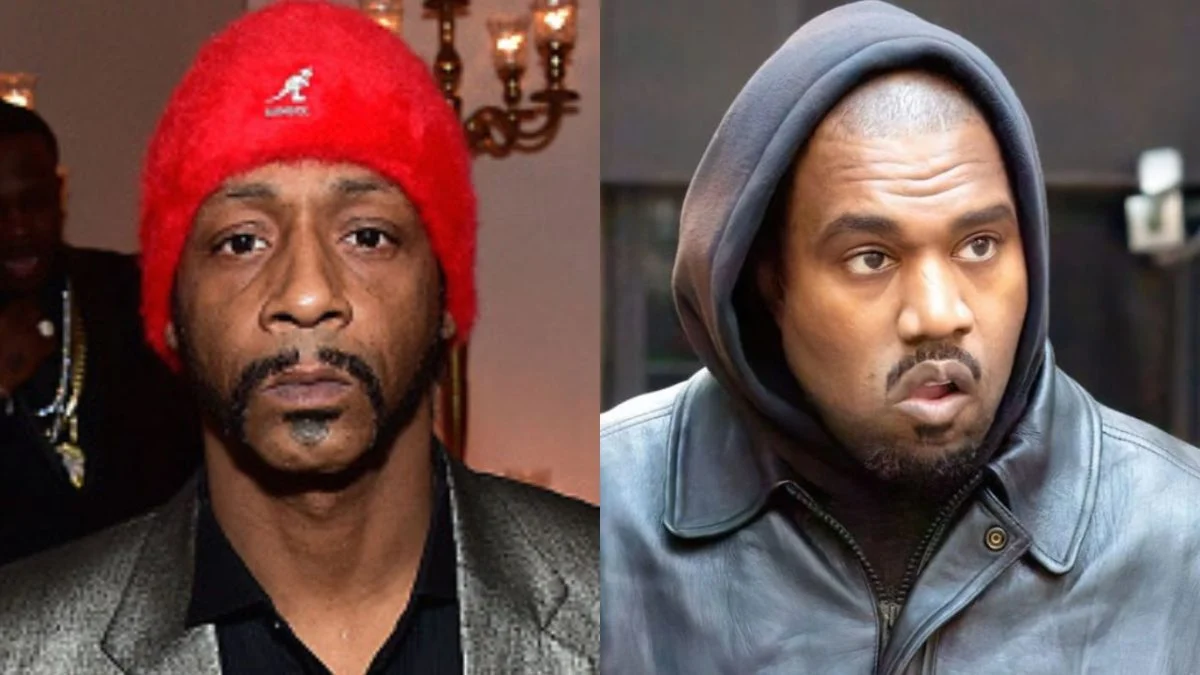In a recent episode of the Club Shay Shay podcast, celebrated American comedian Katt Williams didn’t mince his words when sharing his candid views on the recent controversial actions of rapper and fashion icon Kanye West. Williams drew attention to West’s mental health challenges, likening his situation to that of individuals with “special needs.”
During the interview with host Shannon Sharpe, Williams expressed concern about society’s response to West’s reported mental health struggles, stating, “I suspect that we’re pretty awful people if we say that somebody got a mental illness, and then we watch what they do.” The comedian argued that West should be treated with special consideration due to his mental health, suggesting that holding him to the same standards as others may lack empathy.
Williams went on to question the public’s role in shaping West’s self-perception, remarking, “If you say somebody got special needs, then why would you be watching them and holding them accountable like everybody else? Wouldn’t you grade them on a curve? Wouldn’t you go, ‘Whew, this guy?’”
Delving deeper into the societal expectations placed on West, Williams pointed out the impact of the public narrative that contributed to the rapper’s self-image as a cultural icon. He noted, “Because, I mean, what are we reacting to? What are we reacting to? You are the one that put him in a position where he thought he was God and could call himself Yeezus. You’re the one that told the guy that writes musical lyrics that he was a genius.”
Williams didn’t shy away from addressing West’s past relationships, particularly his marriage to Kim Kardashian. The comedian bluntly stated, “What do you expect? The guy married a wh**e,” clarifying, “I mean, he married her because she was one, not that he didn’t know. He understood that he wanted that. He courted that. That’s what he wanted to base his family on.”
The comedian’s bold and unfiltered commentary adds an intriguing perspective to the ongoing discourse surrounding Kanye West’s actions, inviting reflection on the public’s influence on celebrity narratives and the potential consequences on mental health perceptions. Williams’ remarks highlight the complexities involved when scrutinizing the actions of public figures, emphasizing the need for empathy and understanding, especially in the context of mental health challenges.




